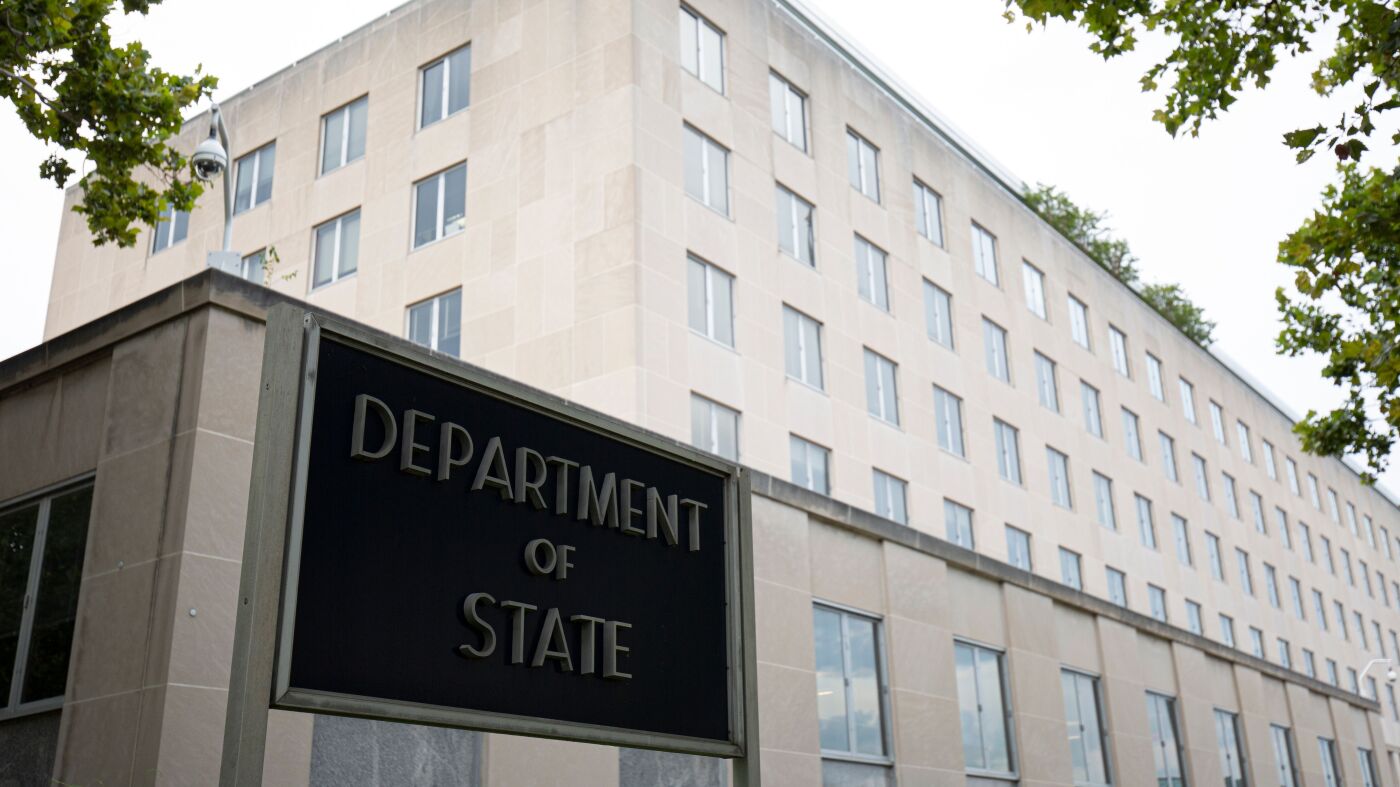The Future of Fulbright: Board Members Resign Amid Allegations of Political Interference
In a dramatic turn of events, 11 out of 12 board members overseeing the Fulbright Program have stepped down, citing concerns over alleged political interference by the Trump administration. Their departure has sparked discussions about the integrity and future of one of the world’s most esteemed educational exchange initiatives.
The Fulbright Foreign Scholarship Board, established under the Fulbright–Hays Act of 1961, is tasked with supervising the U.S. government’s flagship program for international educational and cultural exchange. This program annually awards around 8,000 merit-based grants, facilitating opportunities for scholars worldwide to engage in academic activities across 160 countries. The board’s composition, appointed by the sitting president for three-year terms, meets quarterly to set policies and select scholarship recipients.
In a resignation letter published on Substack, the former board members expressed their concerns about the integrity of the selection process being undermined. They alleged that the Trump administration had blocked Fulbright awards for the 2025-2026 academic year for many candidates and subjected 1,200 foreign recipients to an “unauthorized review process.”
Concerns Over Fulbright Program’s Future
The board members accused the administration of politicizing the Fulbright Program by overriding awards across various academic fields, including architecture, biology, and music. They argued these actions contradict the statute and compromise the program’s mission, emphasizing their belief that Congress intended the board to have the final say on participant selection.
Despite these claims, the State Department refuted the board’s allegations, labeling the members as “partisan political appointees” of former President Joe Biden and dismissing their assertions as a “political stunt.” The department argued that President Trump, not the board, was elected to align foreign policy initiatives with national interests.
Resignation and Its Implications
Following their mass resignation, the board now has 11 vacant seats, with Carmen Estrada-Schaye remaining as the sole active member. Estrada-Schaye reaffirmed her commitment to the program, highlighting its role in fostering global peace and understanding. Meanwhile, James Costos, one of the resigning members, emphasized his decision as a stand for principle, reflecting on the program’s legacy established to prevent global conflicts.
The White House has not yet disclosed plans for filling the empty seats on the board. The absence of a functioning board raises concerns about the program’s direction, particularly in maintaining its independence from political influence.
Senator Jeanne Shaheen voiced her apprehension regarding the board’s resignation, citing the importance of the Fulbright Board as a check on executive power to prevent political favoritism in the selection process. With applications for the 2026-2027 program cycle already open, the coming months will be pivotal in determining the Fulbright Program’s trajectory amid these challenges.
For more information on the Fulbright Program and its application process, visit the official website.







Be First to Comment